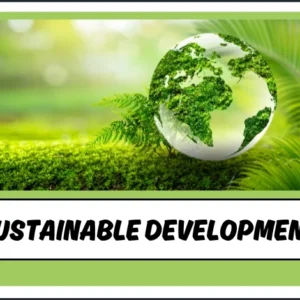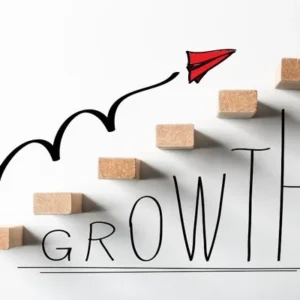The European Union, in partnership with Italy and Jordan, has inaugurated rehabilitation works at the ancient sites of Mechareus and Abila, supported through a €10 million EU-funded project aimed at enhancing cultural heritage and promoting sustainable local development. The initiative brings together H.E. Pierre-Christophe Chatzisavas, EU Ambassador to Jordan, H.E. Luciano Pezzotti, Italian Ambassador, and Fawzi Abudanah, Director-General of the Department of Antiquities, to mark the start of the preservation and restoration activities.
Under the project, the Italian Agency for Development Cooperation will implement extensive rehabilitation measures, including archaeological surveys, site fencing, interpretive signage, and the development of visitor infrastructure. Alongside physical restoration, capacity-building initiatives will support personnel from the Department of Antiquities, the Ministry of Tourism and Antiquities, and university students from Jordan and Europe to ensure long-term sustainable site management.
Ambassador Chatzisavas highlighted that the project not only safeguards important historical sites but also creates new opportunities for local communities. He emphasized the EU’s commitment to working with Jordan to protect cultural heritage while fostering inclusive development. Ambassador Pezzotti noted that the rehabilitation works reinforce the longstanding Italy-Jordan partnership in cultural heritage, promoting resilience, youth and women empowerment, and the growth of cultural tourism as a driver for sustainable development.
The project aims to preserve Jordan’s rich archaeological legacy while stimulating inclusive economic growth through cultural tourism and community engagement. In line with Jordan’s Economic Modernisation Vision and National Tourism Strategy, the initiative seeks to leverage cultural heritage as a catalyst for sustainable development, enhancing the well-being of local populations.
Local communities, including women, youth, and Syrian refugees, will be actively engaged in restoration and tourism-related activities, receiving training and employment opportunities. The EU’s support underscores its broader commitment to inclusive and sustainable growth in Jordan, recognizing cultural heritage as a vital element for identity, resilience, and economic opportunity.







